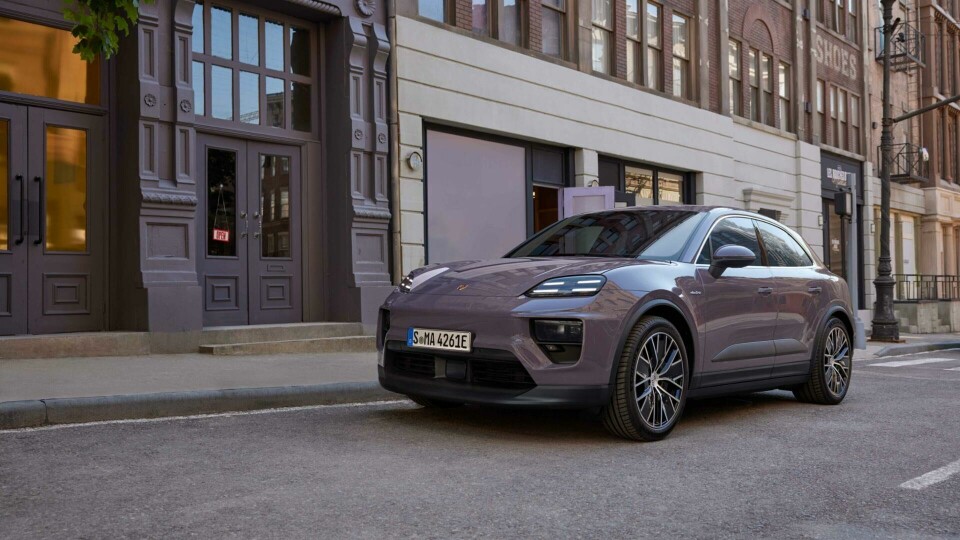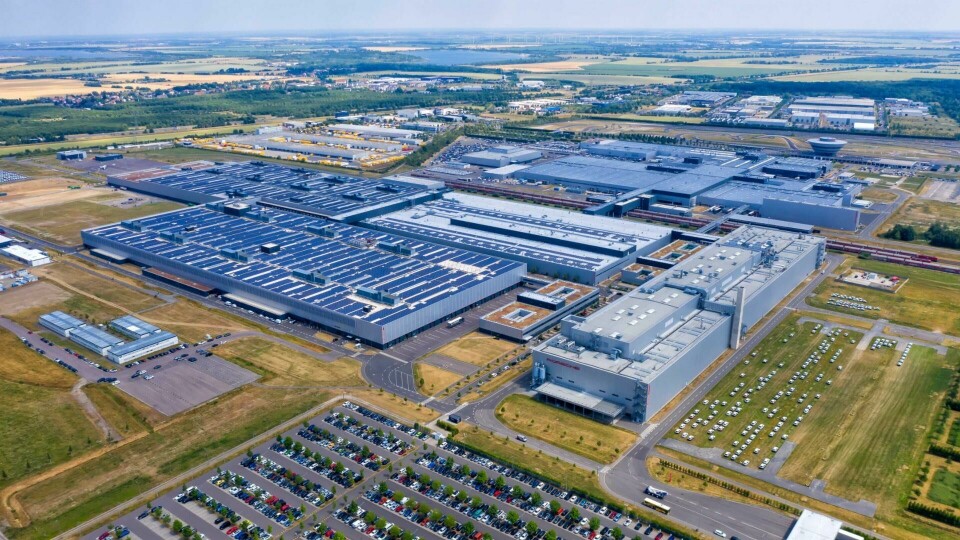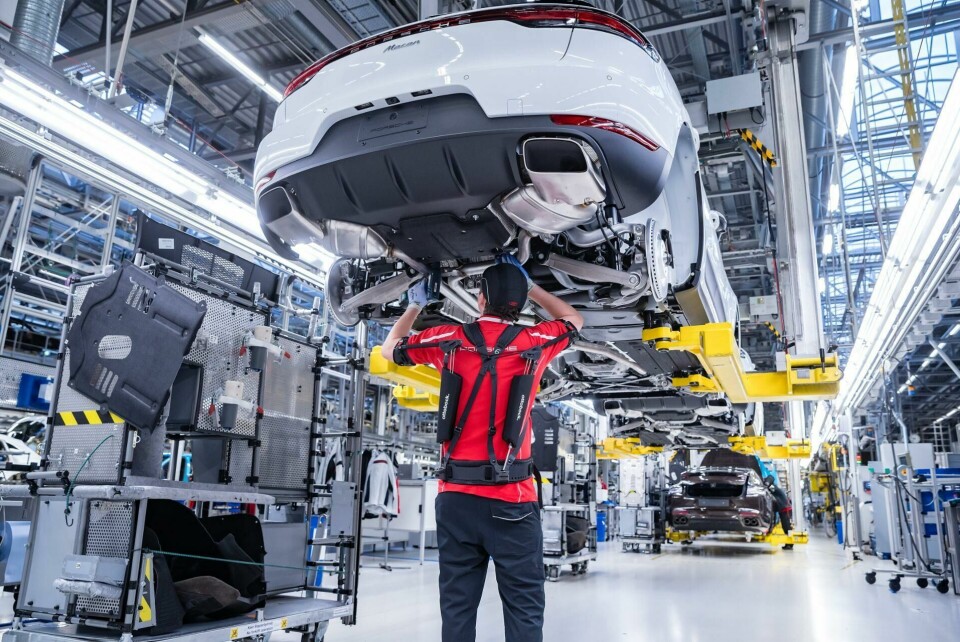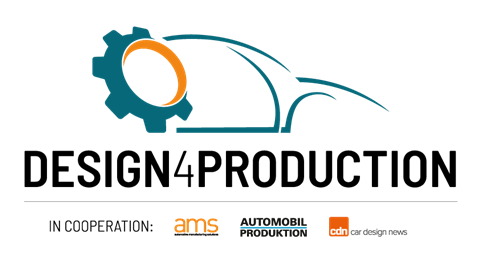Porsche launches all-electric Macan
Porsche has revealed its first native all-electric model, the Macan SUV, using the Premium Platform Electric (PPE).

The new Macan 4 and Macan Turbo will be the first Porsche models built on the PPE platform, which was jointly developed by Porsche and Audi within the Volkswagen Group. The platform - developed with shared development goals between the two brands and to generate synergies in terms of purchasing and production - was made with 800-volt architecture for larger EVs to profitably market high-volume models to high technical standards and electrify an important part of both brands’ portfolios.
The PPE is designed to lower the weight of the high-voltage cables and the space required for them to ensure higher performance. The engine in the powertrain also offers higher power and torque densities, greater efficiency and better reproducibility of the power output through its permanently excited synchronous electric motors (PSM). In this design, the rotor of the AC motor is fitted with permanent magnets that generate a permanent magnetic field in the motor.

The lithium-ion battery used allows a gross capacity of 100 kWh, of which 95 kWh can be actively used. The new platform allows faster charging (the battery can be charged from 10 to 80% within 21 minutes) and offers a range of up to 613km per charge cycle, as verified by the Worldwide Harmonised Light Vehicle Test Procedure (WLTP).
Even the semiconductor material has been developed carefully with effectiveness in mind. Silicon Carbide (SiC) is used instead of silicon as the semiconductor material in the pulse inverter (PWR) on the rear axle, which reduces switching losses in the PWR and enables higher switching frequencies.
The new EV Macan will be produced at Porsche’s factory in Leipzig, Germany. The facility, which first opened in August 2002, currently produces the Porsche Panamera and the ICE Macan model. The factory won the ‘Factory of the Year 2023’ award, hosted in partnership with AMS’ sister publication Automobil Produktion, which recognised it for its strong production metrics in functional excellence and digitalisation.
“We are taking the Macan to a completely new level, with exceptional E-Performance, the new driver experience, and a very impressive design,” said Oliver Blume, chairman of the executive board of Porsche.
Design for production
Porsche plans to integrate the production of the EV Macan with its PPE platform and architecture into the Leipzig plant by using the existing paint shop and assembly line facilities of the ICE Macan and Panamera.
While the plant was designed to be able to produce ICE, PHEV and BEV vehicles in the long term, the body shop and battery assembly line for the EV Macan needed to be planned and built from scratch, representing the sixth extension of the factory.
To keep the integration of both new and existing production facilities as smooth as possible, Porsche said the sequence of battery assembly was integrated as the last step of the body shop, so that the assembled drivetrain of the EV Macan continues its production sequence in the vehicle assembly line.
“At the same time, like all Porsche vehicles, in the vehicle assembly process a lot of effort has been put in the goal to achieve high individualisation possibilities for our customers via Porsche Exclusive,” a Porsche spokesperson told AMS. “A powerful just-in-sequence logistics network is the basis for vast individualisation opportunities in the production process.”
The PPE platform also offers a high rate of modularisation and automotisation, especially in terms of body shop and battery assembly. According to the Porsche spokesperson, Porsche uses 800 robots in the body and battery assembly line.

However, the OEM deliberately avoided gigacasting from conceptualisation of the platform, as it wasn’t deemed to offer benefits in vehicle repair. The process of gigacasting was pioneered by Tesla and has since been favoured by OEMs like Volvo Cars, Mercedes-Benz and GM as it allows manufacturers to cast large body structures and reduces parts used, logistics processes and emissions while providing more flexibility in aspects of vehicle engineering. Recently, BMW also turned away from gigacasting in favour of a steel body that allows the OEM to use a higher proportion of recycled material and to implement loops.
Professor Wolfram Volk, the department head for forming technology and casting at the Technical University of Munich, previously spoke to AMS about the benefits and limitations of gigacasting for electric vehicles. He said: “The smaller the component, the more the leeway you have for improvements. With die casting, we have a great advantage - stiffening elements of greater complexity can be produced directly. But there are also clear limitations. For example, nothing can be changed on the e-module, which contributes significantly to the vehicle’s rigidity. Compared to steel alloys, you are very quickly at the limit of what can be achieved with aluminium die-casting alloys in terms of engineering.”
Improving sustainability and collaboration
Of course, aiming to be more sustainable lies at the heart of EV production. Porsche said the production of the new EV Macan will be net carbon neutral, as the Leipzig plant has been since 2021. The facility has been using green energy to power it since 2017, and a certain percentage of the green energy is self-produced.
The Porsche spokesperson added: “Extensive measures have been undertaken to increase energy and production efficiency of the overall Leipzig production site and all three model lines being assembled there.”
The PPE platform from the outset was designed with innovation in the development and manufacturing process through close collaboration with Audi, and also between different Porsche departments, such as production planning, research and development and purchasing.




